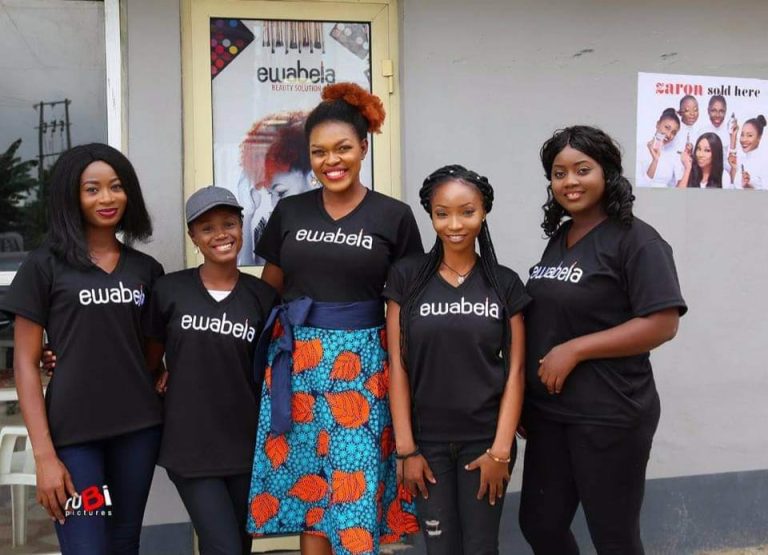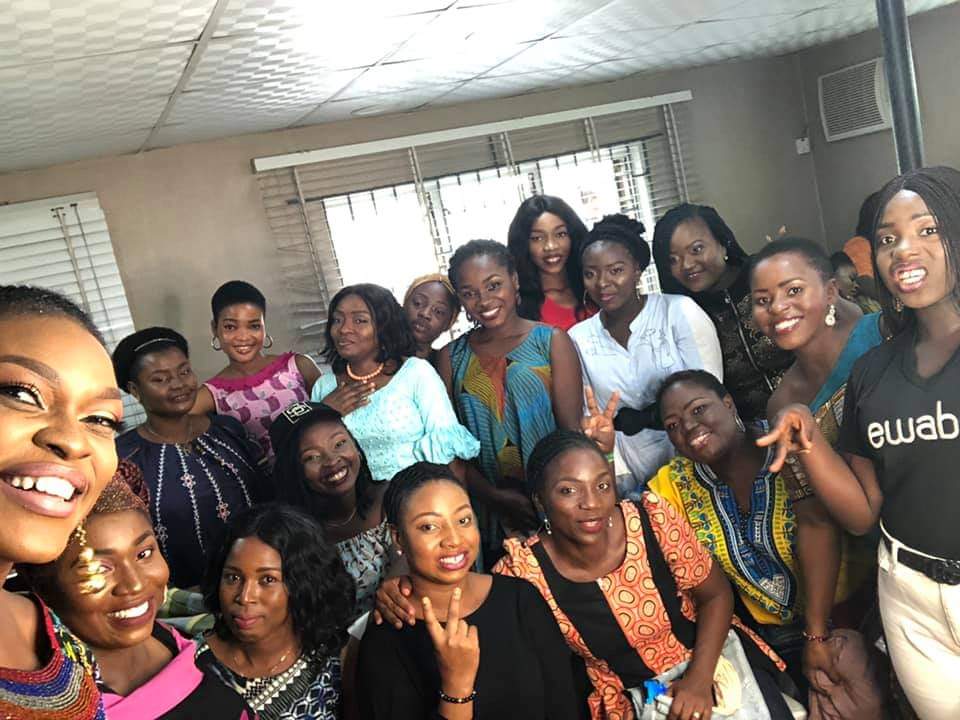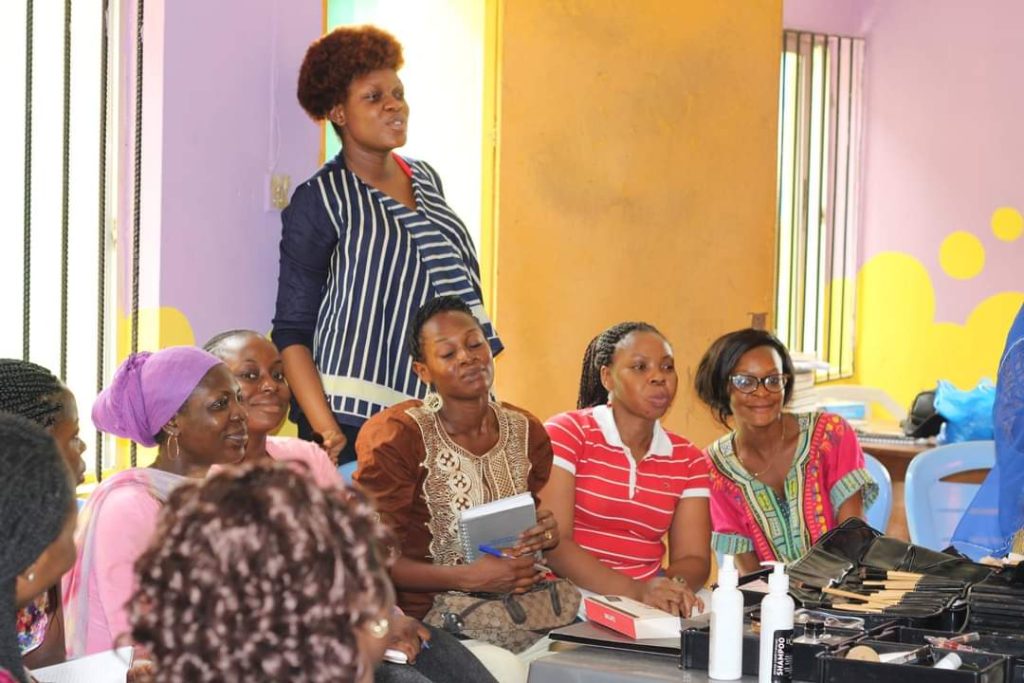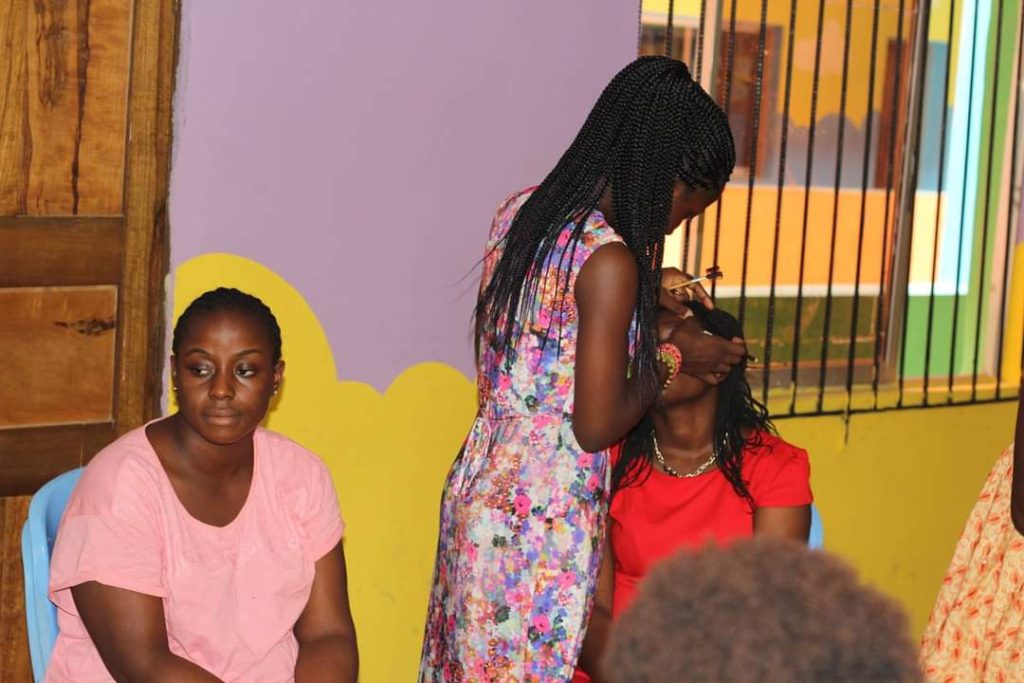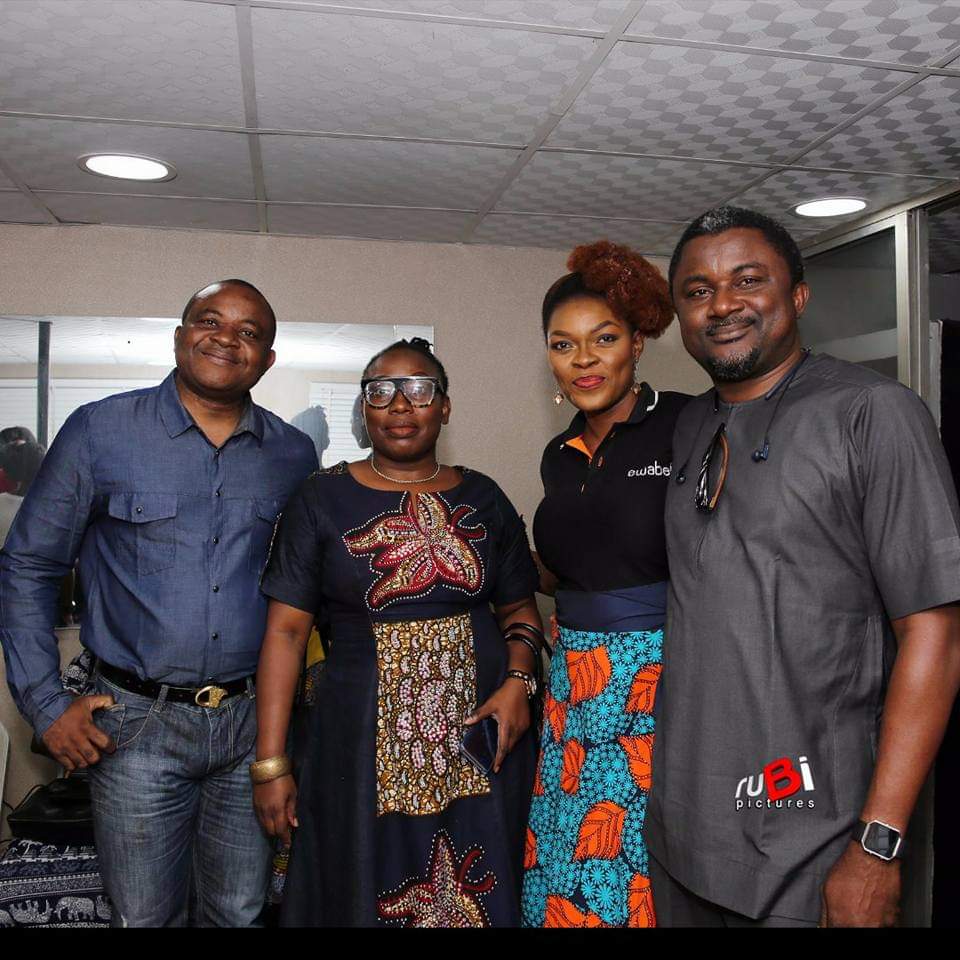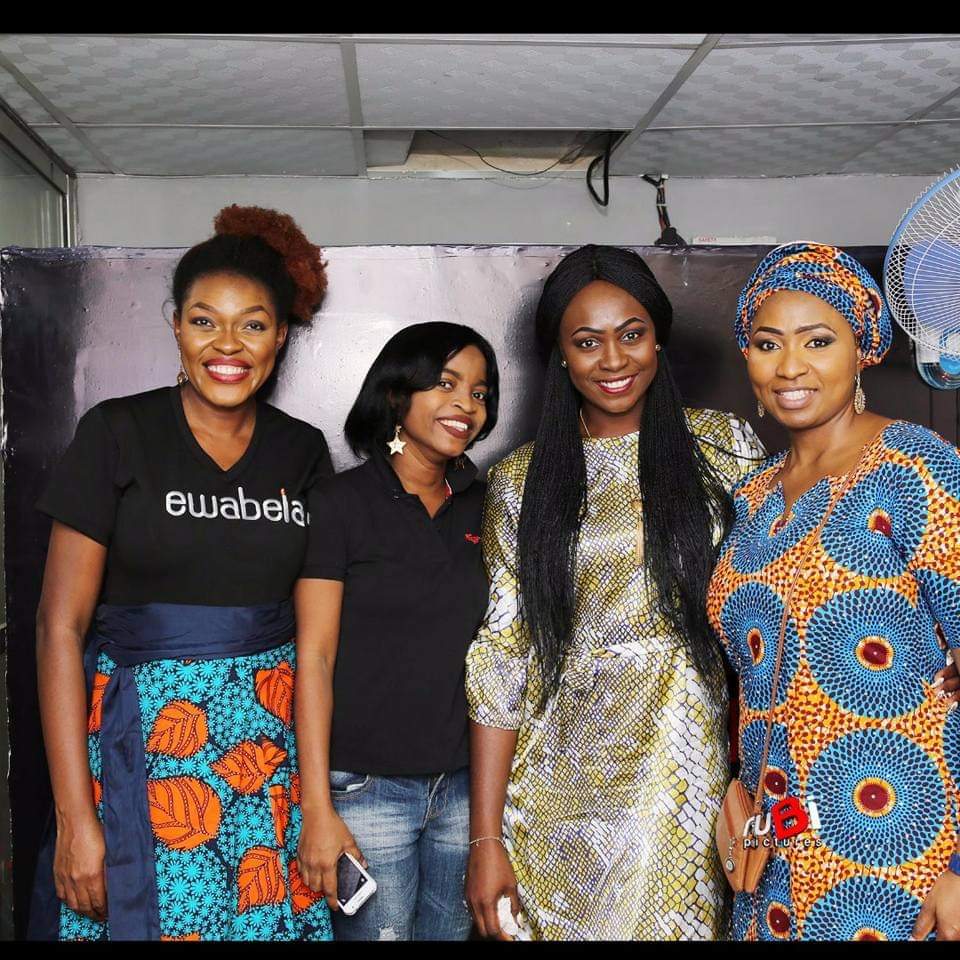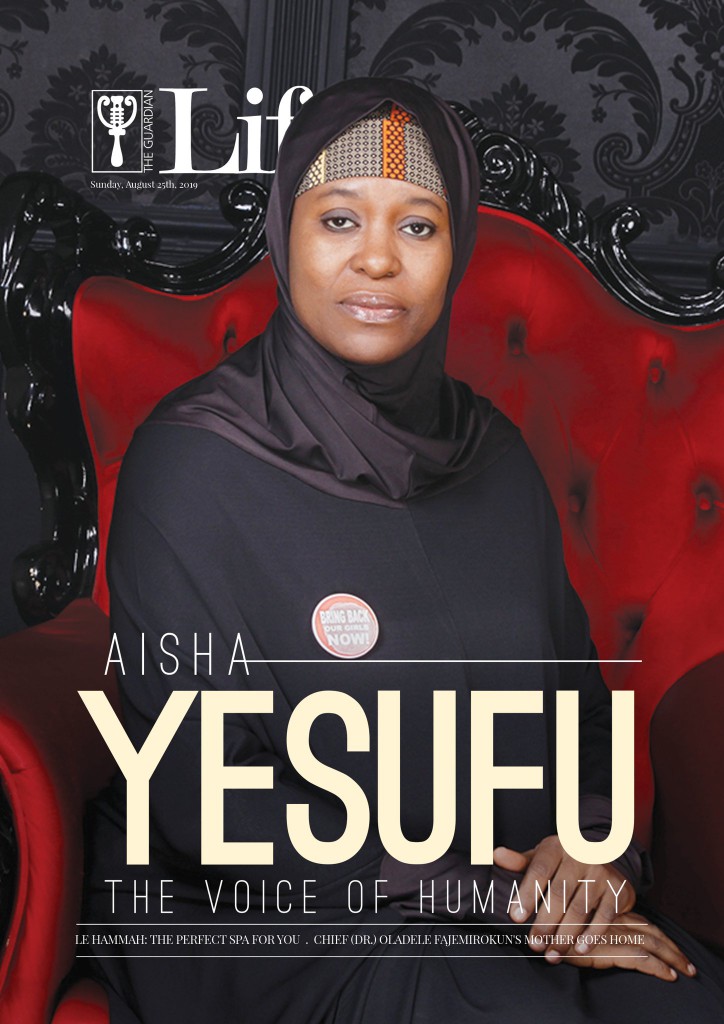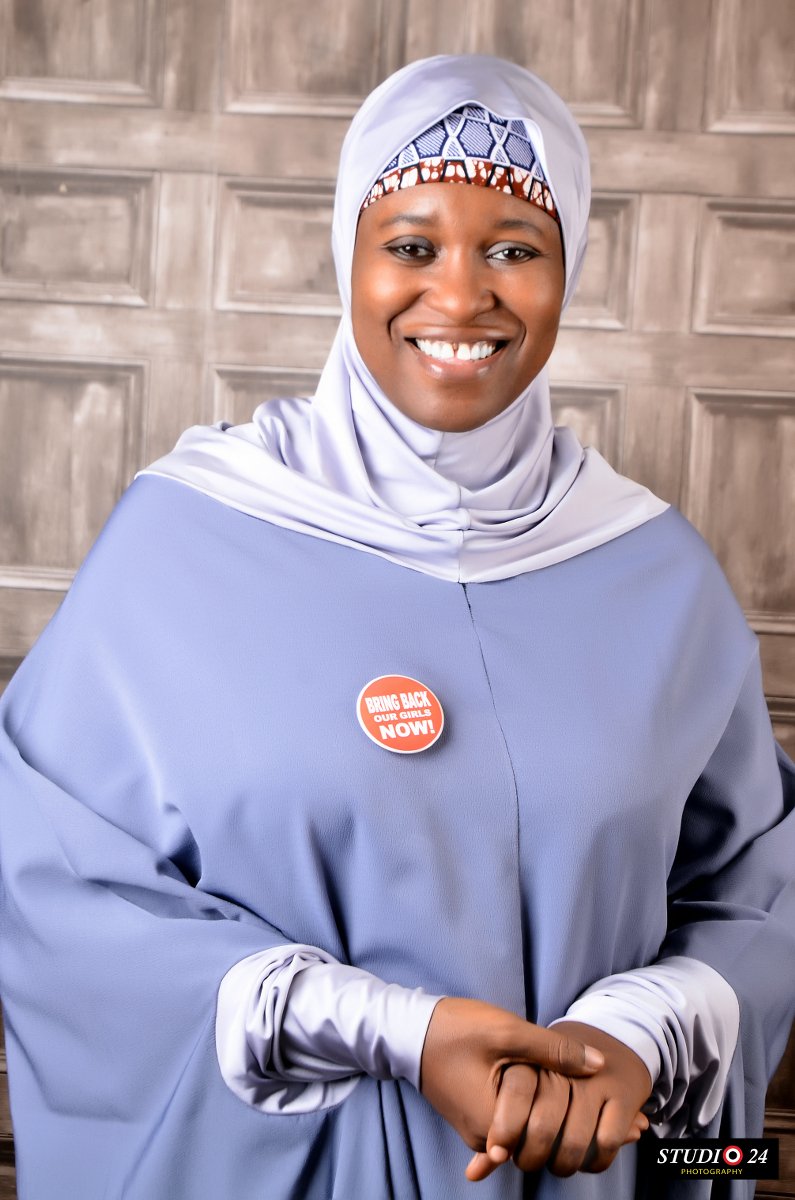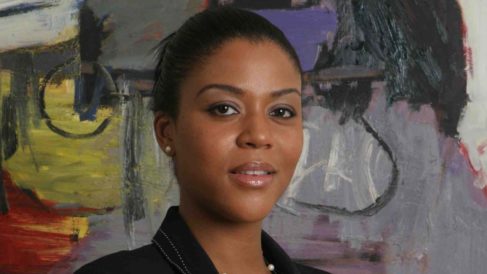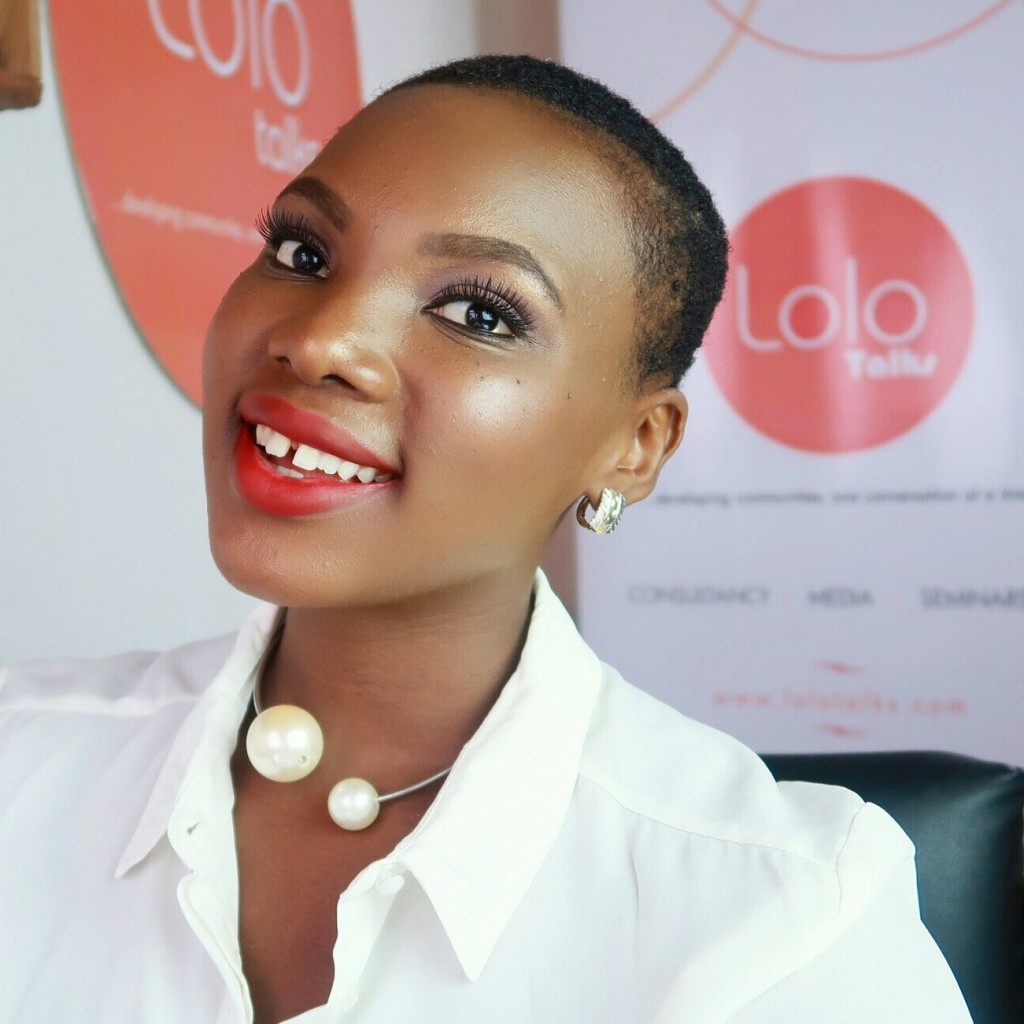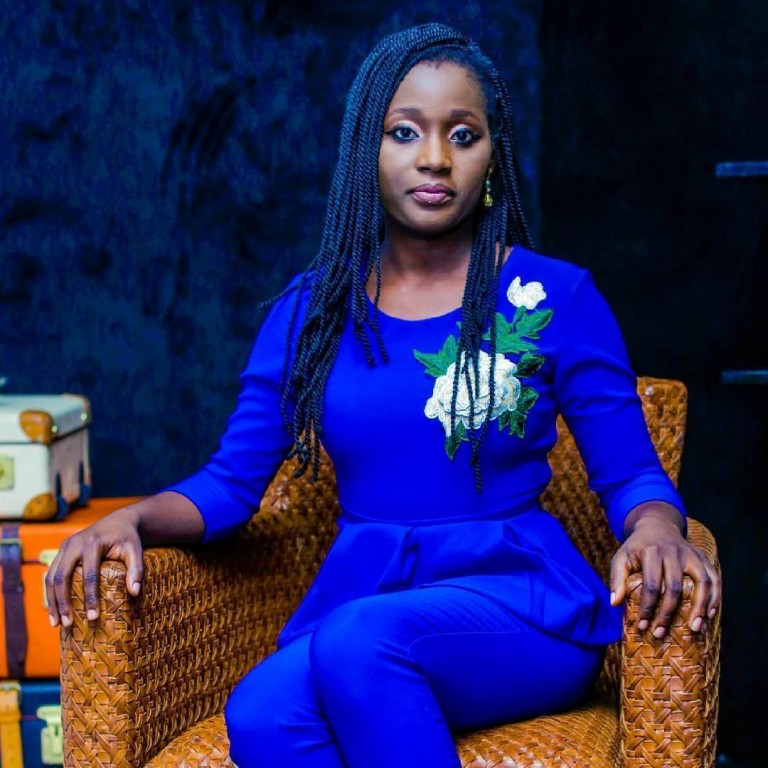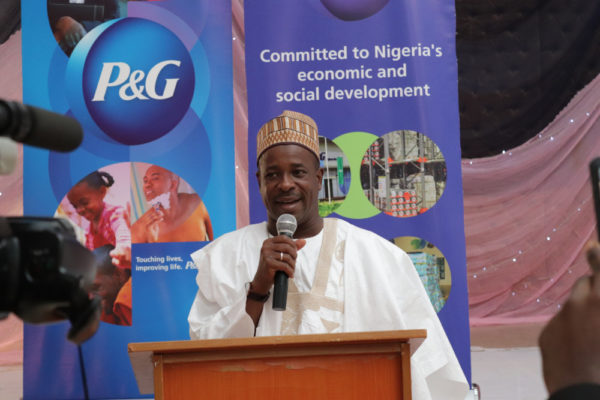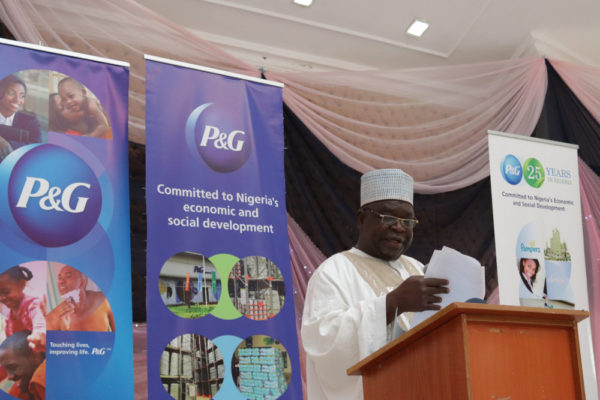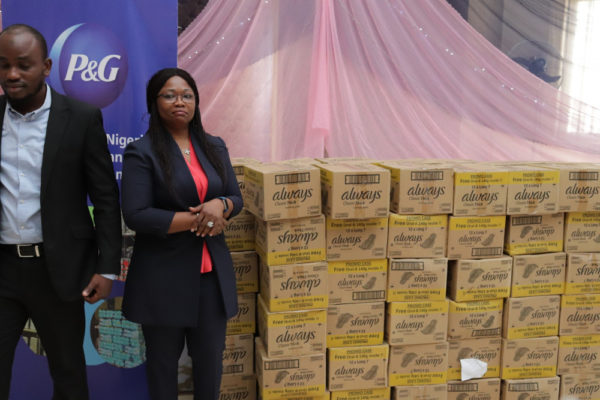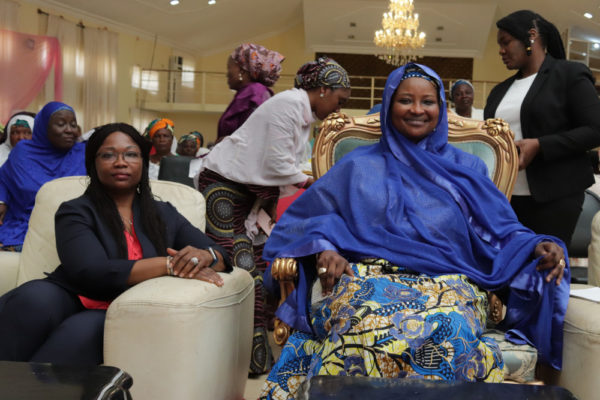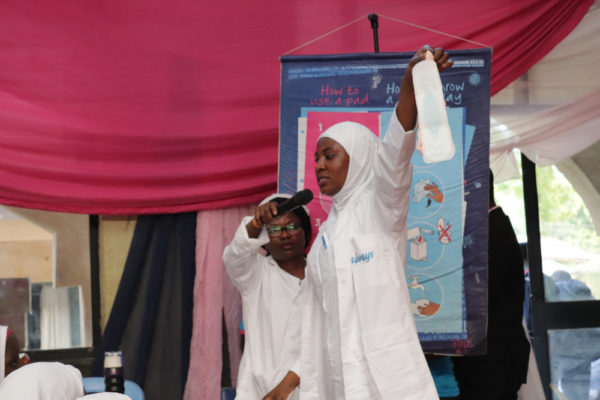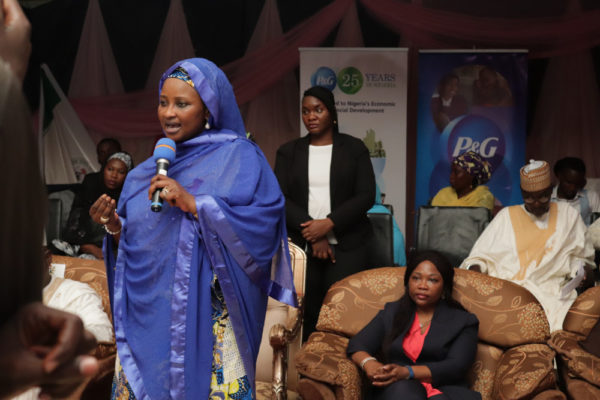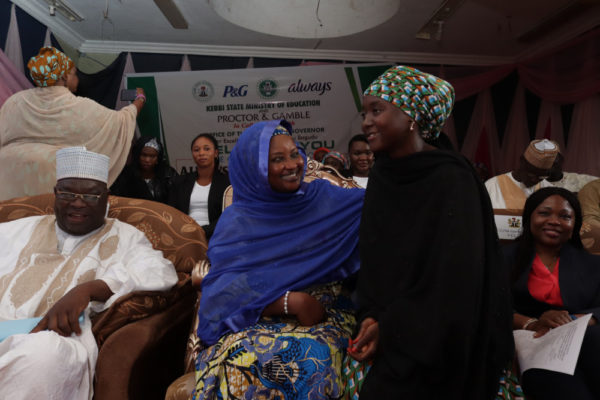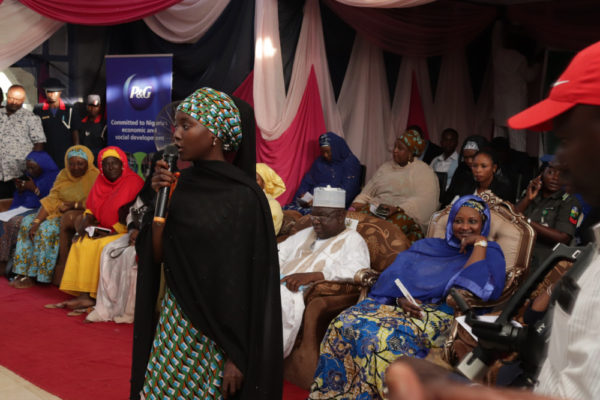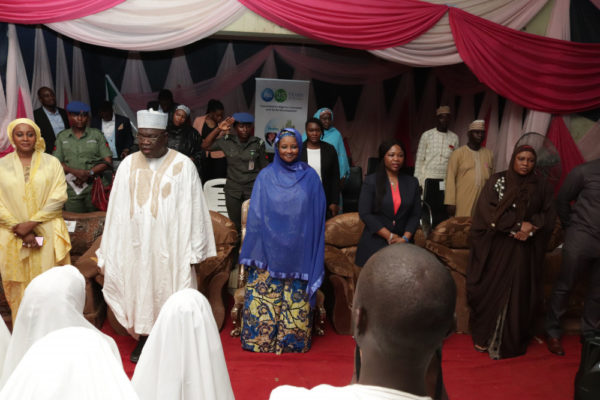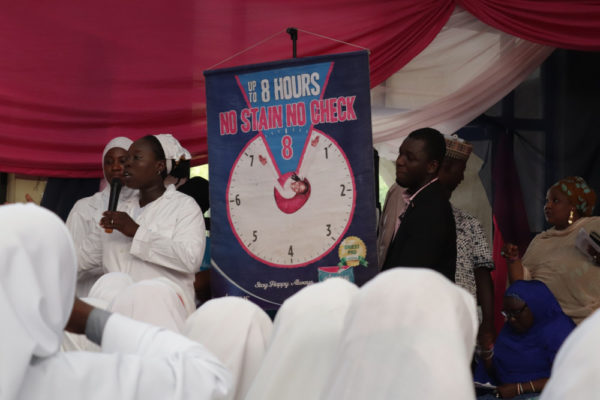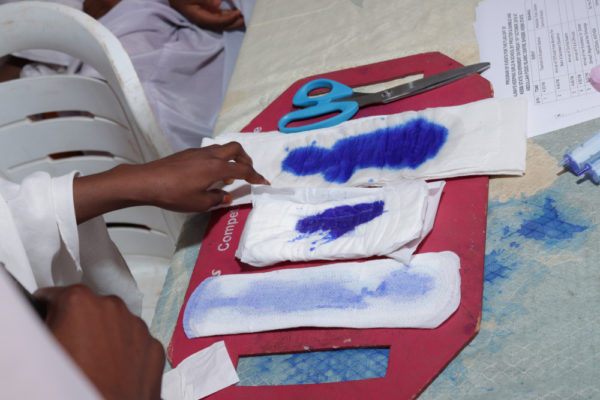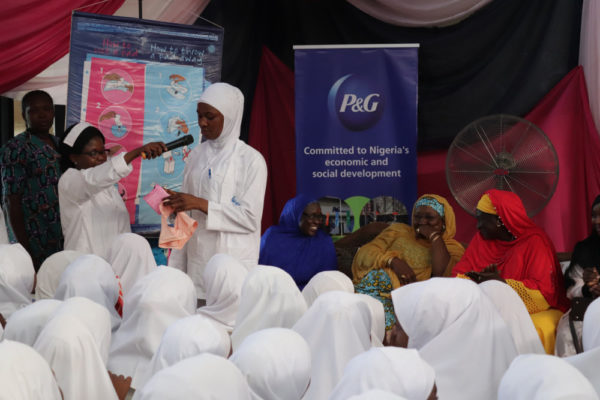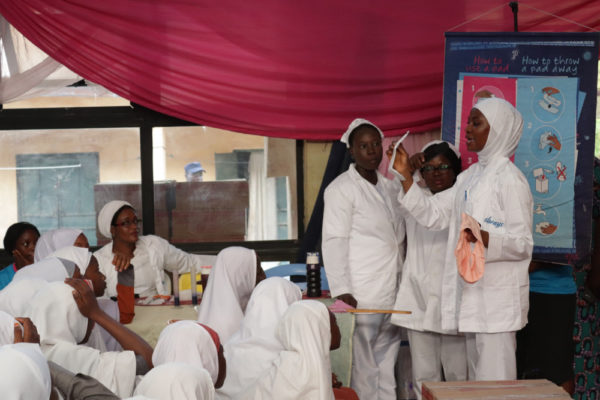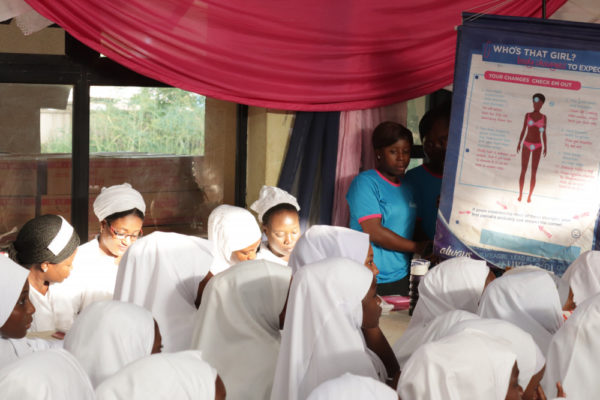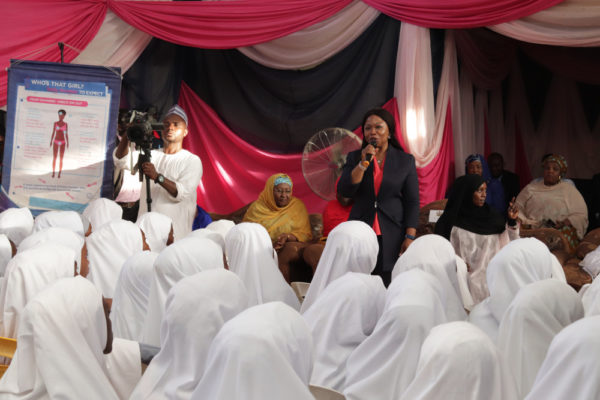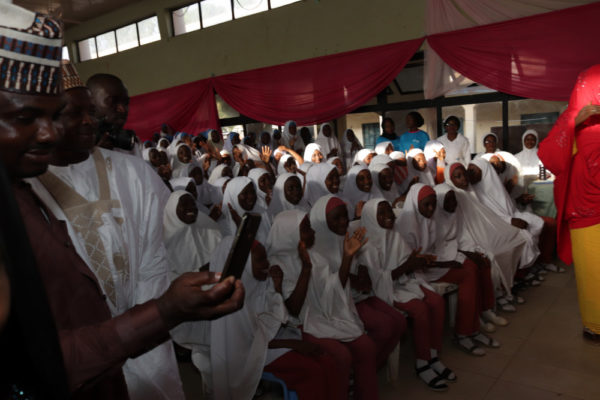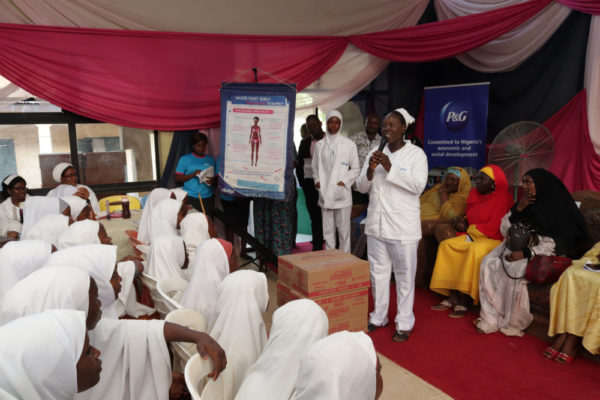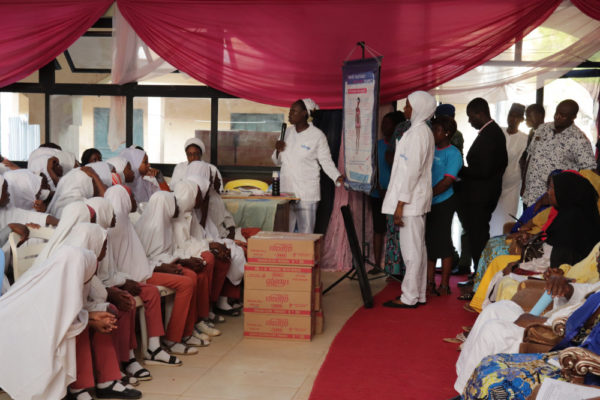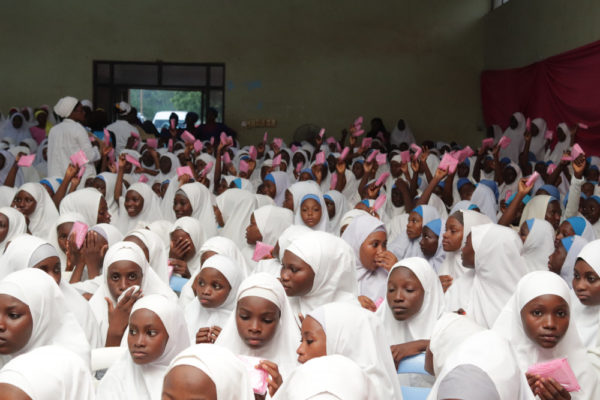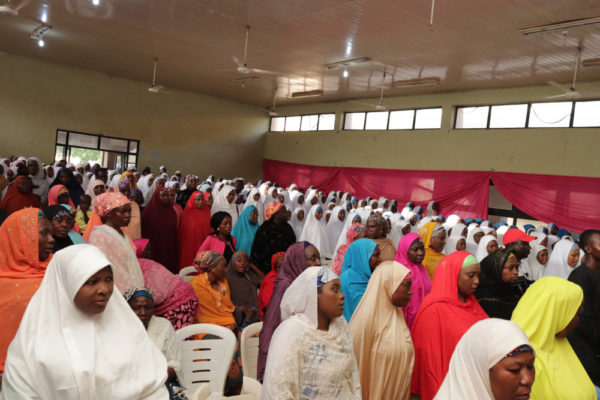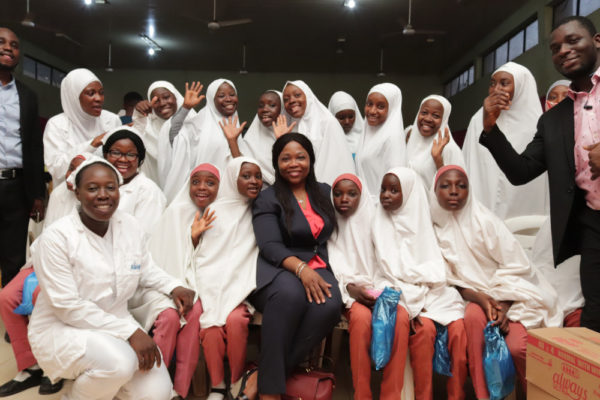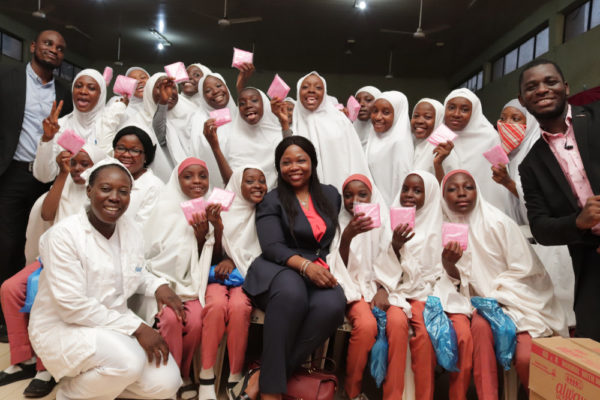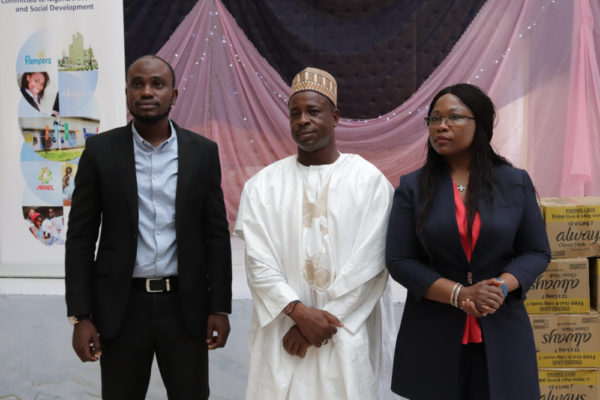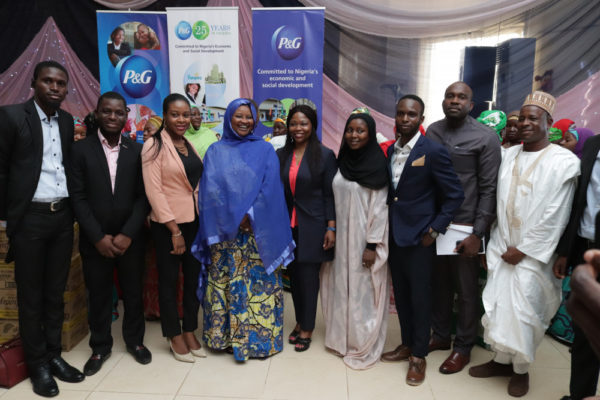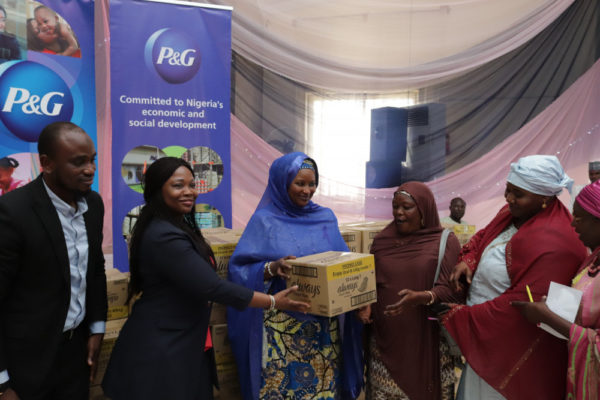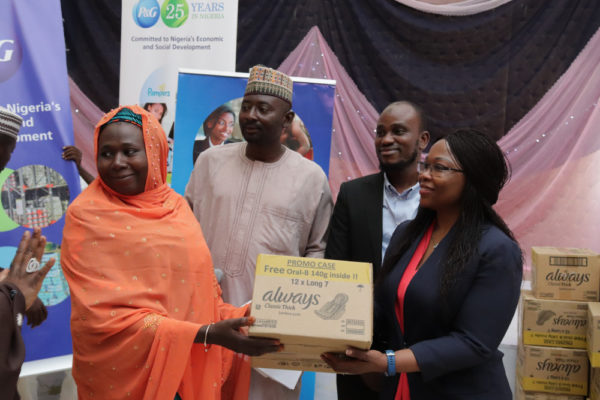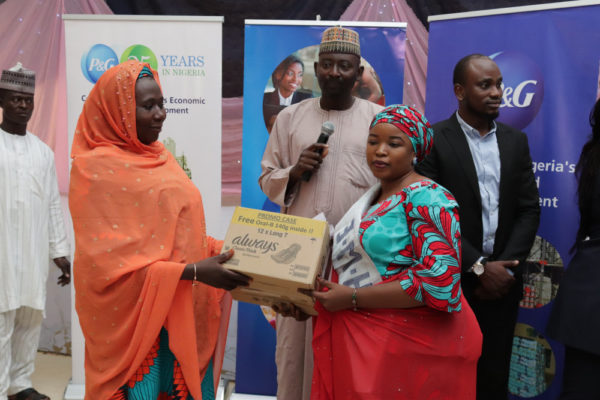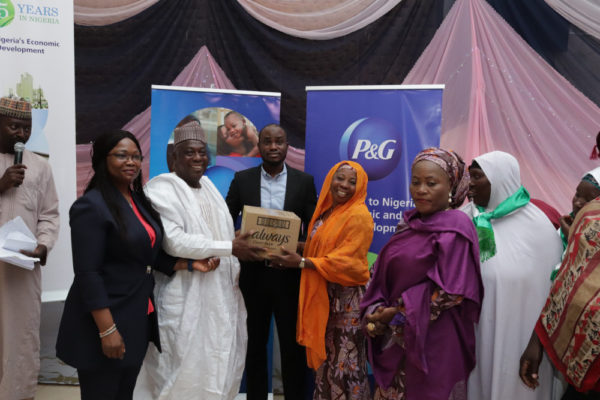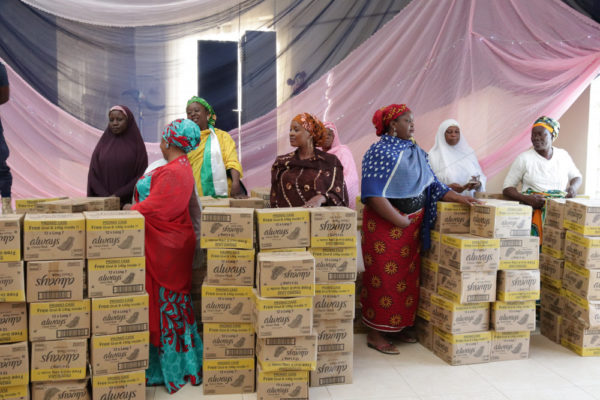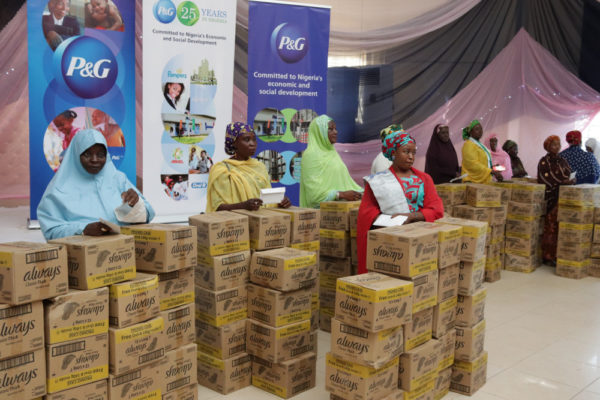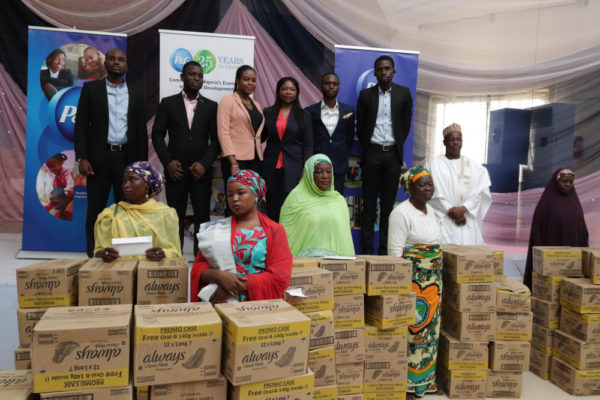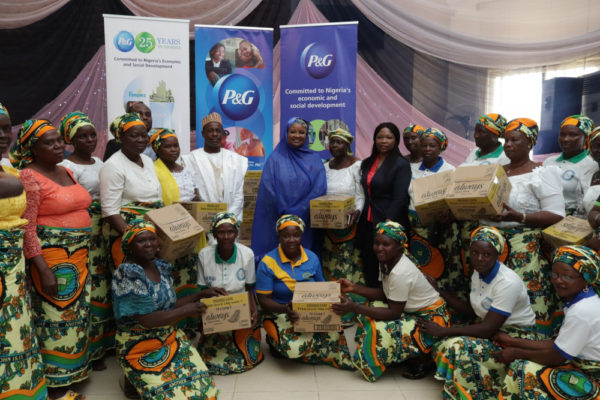Regardless of the kind of agriculture you practice, it is undeniable that the agribusiness is a lucrative business. Either as a fish farmer, a poultry farmer or you supply processed agricultural products, you are guaranteed a source of livelihood as an agripreneur.
Metsana Kojane, founder of Eden Roots PTY Ltd, is putting bees at the heart of her business. Her production of pure, natural honey has not only created local agri-processing jobs for women in her community, but also the creation of a natural skincare brand using the wax, propolis and royal jelly from her raw honey hives.
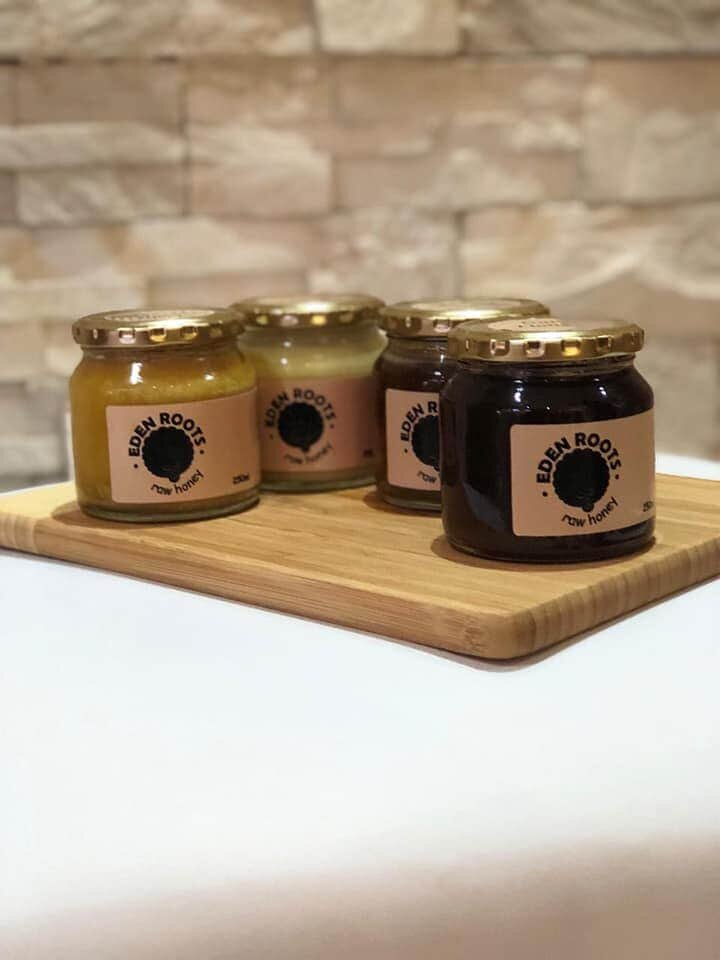
Metsana is a mother, a community leader, environmental activist and role model to many young women and girls in her village. She is also a Brand Builder and a graduate of VEGA.
She believes her business is a special one because it embraces their cultural heritage passed on by their foremothers who had unique ways of keeping bees and they used indigenous herbs for healing and staying healthy.
Eden roots pride themselves as being the custodians of the most important creature on planet earth that is also an endangered species. Without bees there will be no food and without bees there will be no life on earth.
Metsana describes her entrepreneurial life as a secondary pursuit and gives credit to passion as her force and motivation to do what she does. In her words, “I love and enjoy my work so much that I could work around the clock without even realising it. I tried a few business ideas previously but this one is more than just a business… It is my calling!’
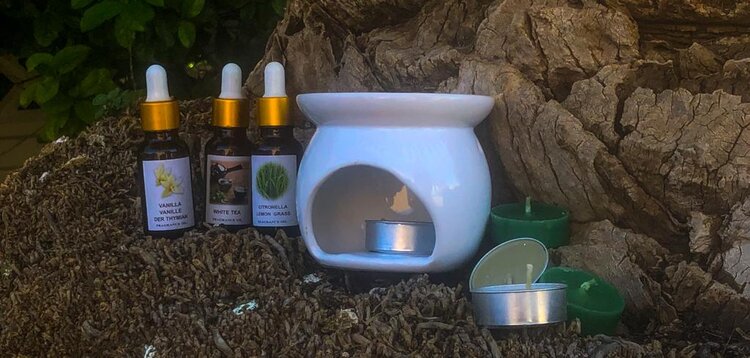
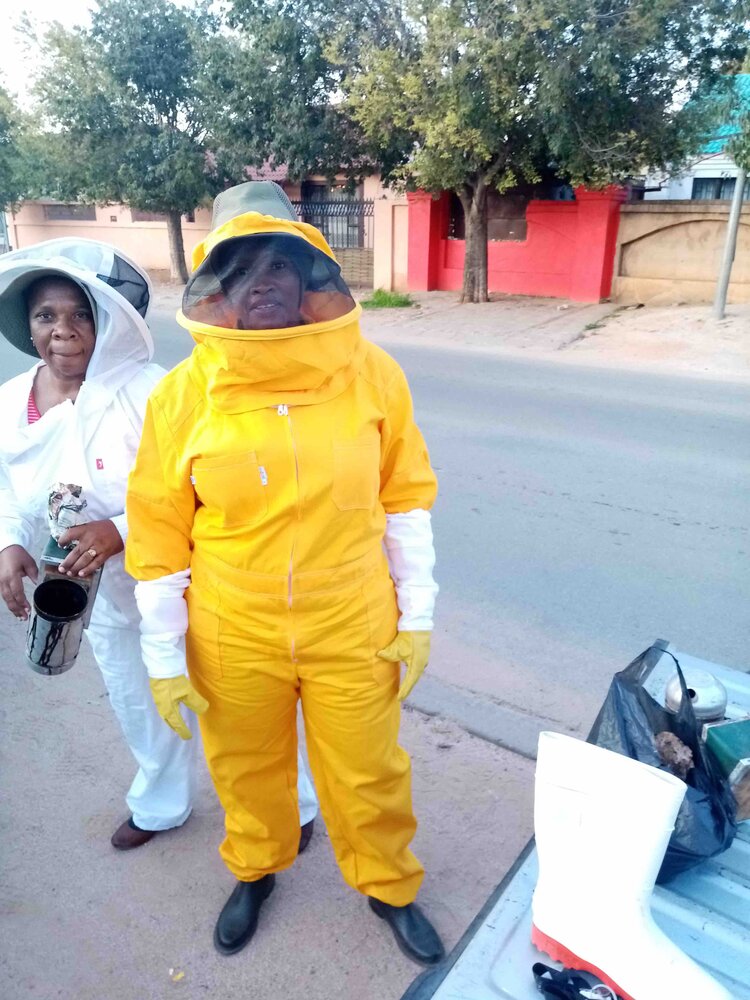
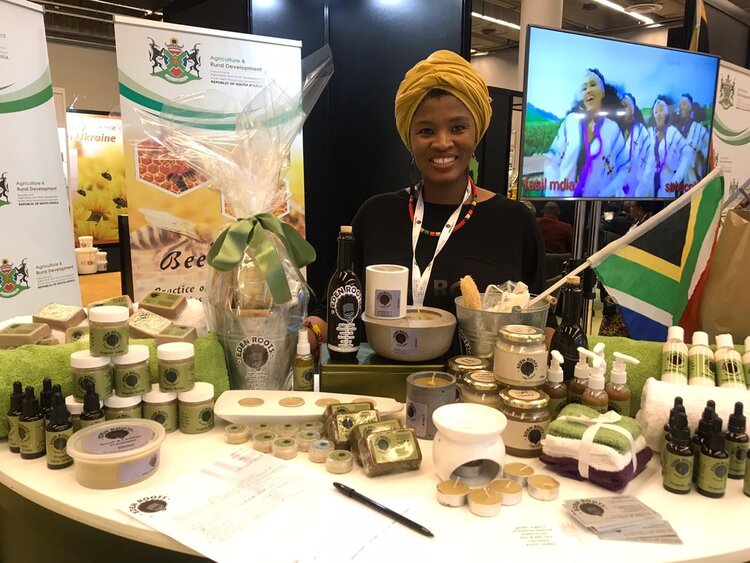
With her business, Metsana plans to show Africa that our indigenous African beehive can yield good harvest of honey and other by-products. She also aspires to use the healing secrets of the hive to provide the world with unique natural products. She would also like to groom as many beekeepers as possible because the African eco system needs bees.
Metsana encourages women everywhere in the world to open their eyes to see the opportunities around them. She says “There are so many problems to solve out there in the world and for each problem a woman must rise to find solutions. Behind every solution, lies an opportunity to make money. You have all it takes because you are a woman!”
Eden Roots is an agribusiness with a presence in horticulture, beekeeping and agro processing.
The company was registered in 2015 but the business existed informally prior to that for 5 years. Beside producing natural honey, they also economically empower groups of women and girls with beekeeping skills.
